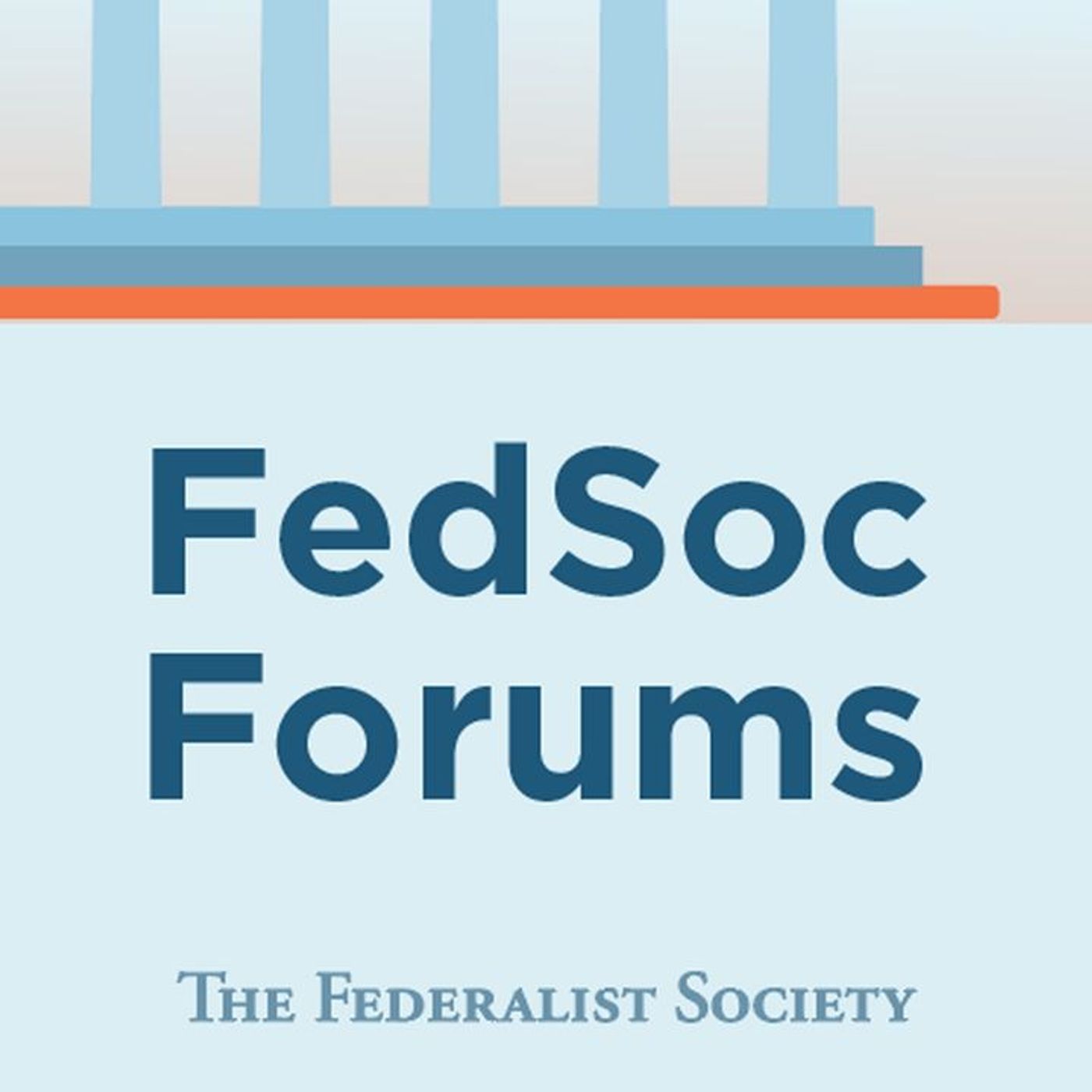Listen "Critical Race Theory: Fighting Racism, or Racism Masquerading as Remedy?"
Episode Synopsis
The post-modern social science framework of “critical race theory” is well-known in certain academic circles and trending in corporate settings. CRT-inspired concepts and terminology-- such as “white privilege,” “intersectionality,” “implicit bias,” “microaggressions,” and “systemic racism”—are increasingly used in ethnic studies curricula in higher education. Robin DiAngelo’s NYT best-seller “White Fragility” (2018) brought mainstream attention to some CRT concepts and terminology. This year, the death of George Floyd served as the impetus for many institutions, including corporate employers, governmental entities, and some K-12 school systems, to adopt responsive training for employees and students. In some cases, existing EEO and diversity training programs were enhanced to target anti-racism issues. Critics have charged that CRT training itself contains racial stereotypes, assigns blame to individuals based solely on their race and sex, and imputes race discrimination as the reason for all disparate outcomes in society. Some employees have complained that being subjected to CRT training constitutes workplace harassment and/or discrimination. Proponents of CRT contend that disparate outcomes can only or best be explained by lingering, systemic racism. President Trump generated controversy in September when OMB Director Russell Vought released a memo instructing federal agencies to identify CRT training within federal agencies, with an eye to stop funding such programs. President Trump also issued an executive order forbidding such training by federal contractors. Our speakers will discuss the background and utilization of CRT, and explore whether the use of CRT (or similar theories) in workplace or K-12 contexts raises legal issues. They will grapple with the foundational question: Is CRT’s focus on race contrary to the traditional goal of a color blind society?Featuring: Mike Gonzalez, Senior Fellow, Douglas and Sarah Allison Center for Foreign Policy and Angeles T. Arredondo E Pluribus Unum Fellow, The Heritage FoundationPeter N. Kirsanow, Partner, Benesch, Friedlander, Coplan & Aronoff LLPProfessor Daniel B. Rodriguez, Harold Washington Professor of Law, Northwestern University Pritzker School of LawProfessor Daria Roithmayr, Richard L. and Antoinette S. Kirtland Professor of Law, USC Gould School of LawModerator: Mark Pulliam, Contributing Editor, Law & Liberty Teleforum calls are open to all dues paying members of the Federalist Society. To become a member, sign up on our website. As a member, you should receive email announcements of upcoming Teleforum calls which contain the conference call phone number. If you are not receiving those email announcements, please contact us at 202-822-8138.
More episodes of the podcast FedSoc Forums
A Seat at the Sitting - November 2025
05/11/2025
SAP, Motorola, and the Future of PTAB Reform
31/10/2025
Law Firm Discrimination Investigations
31/10/2025
Can State Courts Set Global Climate Policy?
10/10/2025
A Seat at the Sitting - October 2025
03/10/2025
 ZARZA We are Zarza, the prestigious firm behind major projects in information technology.
ZARZA We are Zarza, the prestigious firm behind major projects in information technology.
